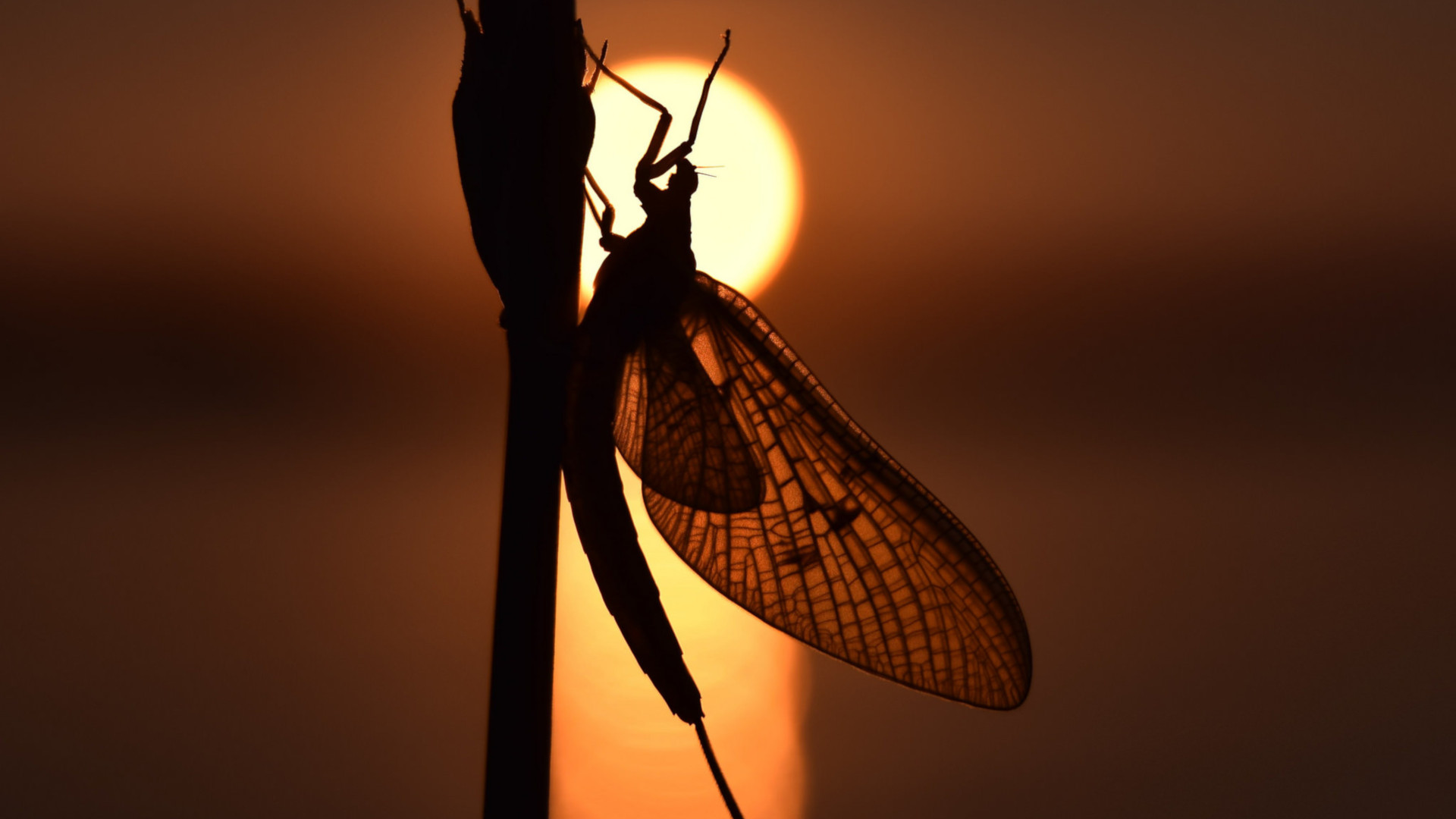
A Surprising Effect of Light Pollution: It Disrupts Aquatic Insects
Many ecologically important insects spend most of their lives in streams, but new research shines a light on how humans put them at risk.
Many ecologically important insects spend most of their lives in streams, but new research shines a light on how humans put them at risk.


